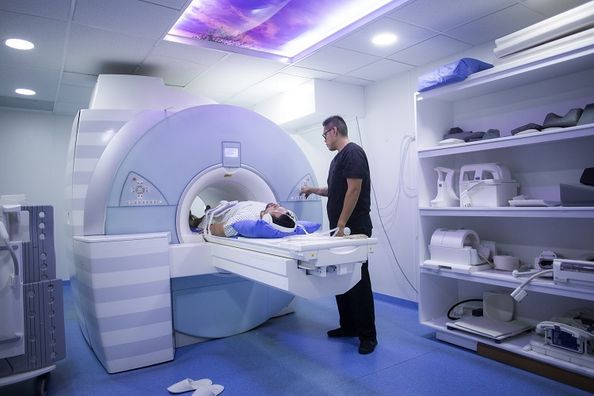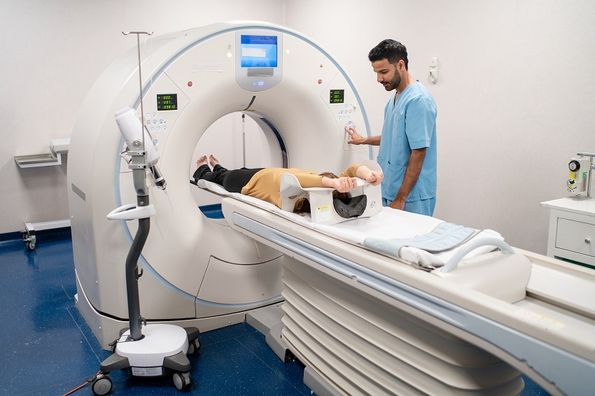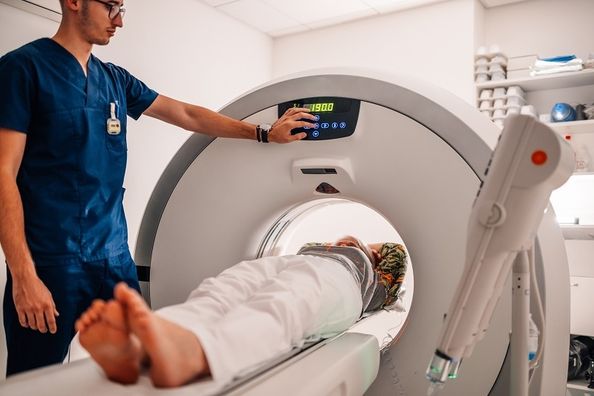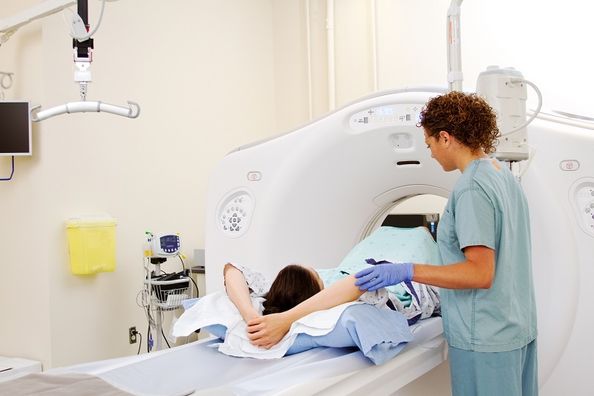Pulmonary function tests (PFTs) are a series of non-invasive diagnostic tests that measure how well your lungs work and can be used to help diagnose certain lung disorders. ‘Pulmonary function tests’ is an inclusive term that refers to many different procedures that measure how your lungs work in different ways. Specifically these tests measure how well you are able to breathe and how well your lungs are able to supply oxygen to your body by measuring your lung volumes, capacities, rates of flow and gas exchange.
Reason for Testing
Generally pulmonary function testing is ordered by your physician if you are having symptoms of lung problems, as part of a routine physical or to assess how well your lungs work prior to undergoing surgery. If you have already been diagnosed with a condition that affects your lungs, these tests may be ordered to determine if the condition is progressing or to assess how your lungs are responding to treatment.
Pulmonary function tests can help diagnose or manage the following conditions:
- Asthma
- Allergies
- Chronic bronchitis
- Respiratory infections
- Emphysema
- Lung fibrosis
- Bronchiectasis
- Chronic obstructive pulmonary disease (COPD)
- Asbestosis
- Sarcoidosis
- Scleroderma
- Lung cancer
- Respiratory impairments that may complicate sleep apnea
How to Prepare
Prior to your pulmonary function test:
- On the day of your test, refrain from eating a heavy meal, as this restricts your breathing and airflow and avoid caffeinated beverages. Wear loose fitting clothing so that your breathing isn’t restricted.
- 12 hours prior to testing, stop taking long acting drugs (Spiriva, Advair, Foradil, Performist, Symbicort, Serevent, Brovana)
- 6 hours prior to testing, stop exercising
- 4 hours prior to testing, stop taking short acting drugs (Albuterol, Xopenex, Atrovent, Combivent)
- 1 hour before your test stop smoking, and refrain from smoking through the duration of the test
Health Topics:







